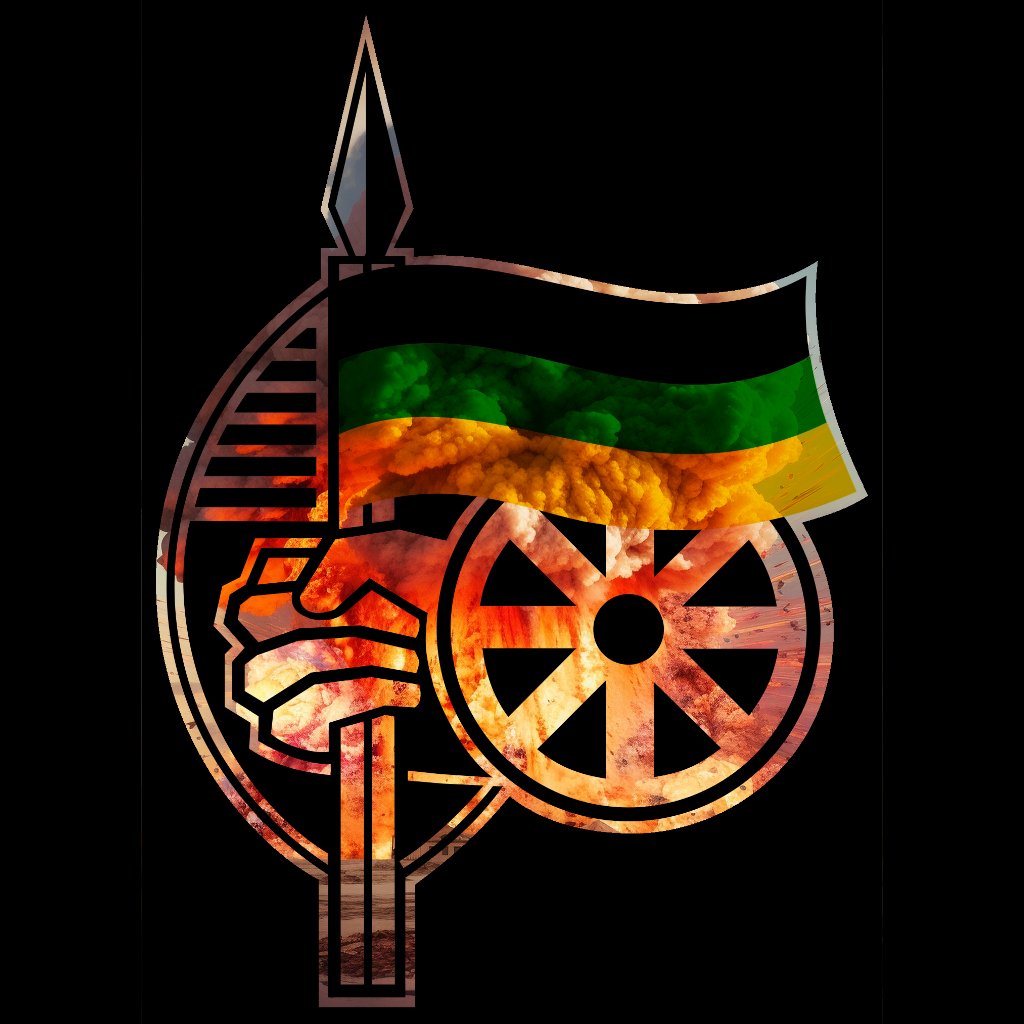Image created by AI
The Looming Shadow of Paul Mashatile's Deputy Presidency Amidst ANC’s Tumultuous Future
In the cacophony of an electrifying election season, one event stands as a subtle yet decisive factor in South Africa's political arena—the appointment of Paul Mashatile as the deputy president of the African National Congress (ANC). The sentiment of déjà vu permeates the air, echoing a time when the party endured internal struggles over similar appointments, with historical consequences.
Revisiting an earlier epoch of the ANC, a parallel draws with Nelson Mandela stepping down and Thabo Mbeki ascending as the chosen successor. The deputy presidency became a battleground as Mandela's vision veered towards ethnic representation, propelling Jacob Zuma as a contender. Despite Mbeki's reservations about Zuma's potential for corruption and lack of scholarly finesse, Mandela's influence was determinative, leading to a decision that would later haunt the nation. Zuma's presidency unraveled as an emblem of calamity, a testament to unchecked ambitions and the fragility of political judgment.
Today's political stage unveils Paul Mashatile, a figure tied to the province of Gauteng, entrenched in the soil of ANC politics, known less for governance and more for his acumen in the party's inner workings. His lifestyle, a contentious blend of opulence and question marks over its funding, has not escaped public scrutiny or legal examination. Allegations swirl around Mashatile, painting him as a beneficiary of state resources, reminiscent of the infamous Gupta-Zuma partnership—a narrative being legally pursued by the opposition Democratic Alliance.
Mashatile's personal affiliations feed into a broader narrative of Gauteng as a nucleus of ANC power, opulence, and "tenderpreneurship." It's a province where governing and government contracts often blur lines, where an individual emerging from humble beginnings like the Alexandra township can attain affluence and influence through the party ranks—a microcosm reflecting the party's systemic enmeshment with financial rewards over ideological purity.
The political culture has drifted markedly from the moral convictions of a younger ANC inspired by Mandela. The scarcity of individuals who, like Mcebisi Jonas, could decline a bribe, spotlights a generational and ethical chasm within the party. The ANC's evolution—or devolution—has culminated in a resistance to ideals that once defined it, evident in the current leadership's reticence to tackle corruption, contrasting sharply with the honorable exceptions of its past.
In a move reeking of desperation and strategic machinations, Mashatile's alignment with the Economic Freedom Fighters (EFF) and the Patriotic Alliance has left many aghast. It challenges not only the ANC's official stance but also the calculus of the country's governance, possibly ushering in a coalition that could fundamentally reshape South African politics.
President Cyril Ramaphosa finds himself in a delicate conundrum with Mashatile's ascendency. The latter's maneuvers to consolidate power may introduce an internal Trojan within ANC structures, affecting party ethos and national governance. The elections loom, revealing potential power shifts awaiting adjudication—shifts that could mark the beginning of a perilous dance with state capture once more.
The potential scenarios unfolding from the Gauteng power corridors to national prominence signal a crisis for the ANC. A coalition with the EFF might promise temporary respite but also forecasts a grim future marred by a weakened Ramaphosa administration, emboldened factions, and a retreat from fiscal integrity and global trust.
The ANC's labyrinthine journey has led it to the precipice of its existential moment. With the fortitude of the South African Constitution and citizenry put to the test, the nation watches as the specter of its past hovers, urging a collective reckoning with its choices and the leaders it graces with power.
#GOOGLE_AD










